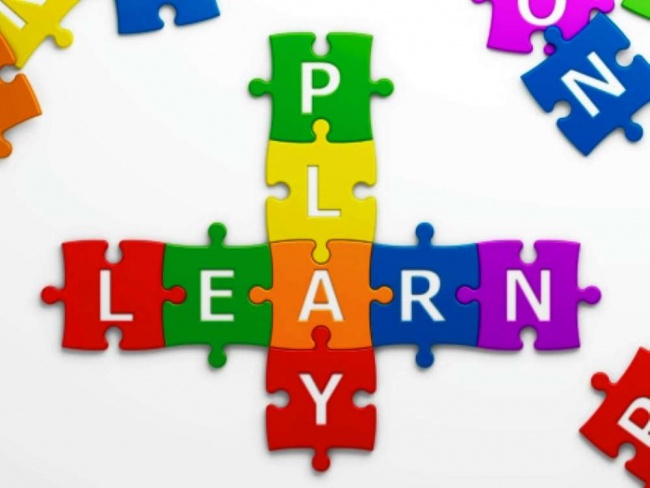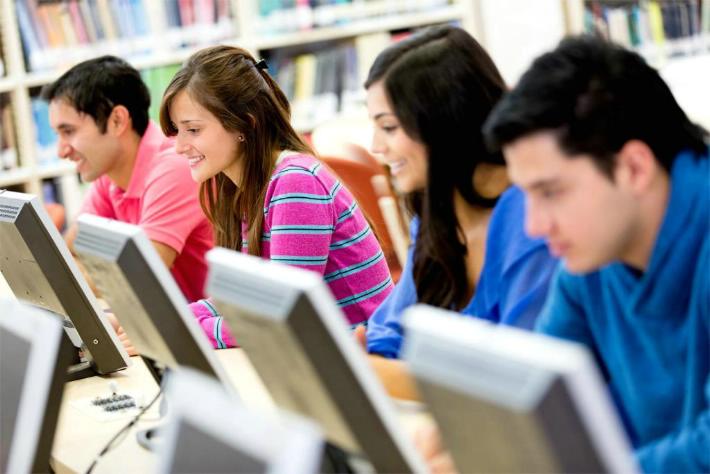
What is gamification in education?
This educational methodology applies gaming concepts in the classroom so that students can feel more motivated with the lesson and actively participate in the learning process. With the introduction of class games related to the subject matter, students have fun during a few minutes and are able to let off steam, rest and be able to concentrate more on the next classes. In addition, the more enthusiastic they are about the activities, the more likely they’ll be to intervene and attend more in class, and retain the concepts of the subject easier.
Discover moreOrganize group competitions
In GoConqr you can find resources, such as the online quizzes, that can help you organise didactic activities and games in the classroom. With the quiz-maker you can prepare questionnaires about the concepts given in class and divide the students into several groups to make competitions between them. With GoConqr’s quizzes you can limit the number of users who have access to them and set a certain time to complete them. In this way, you can design competitions between groups and encourage students to have a healthy competitiveness between them to be the ones who know the most about the subject. In addition, you can give awards for the winning team as an incentive, so that students are even more motivated to attend in class and participate during the competitions that are organized.
Try the quizzes for free!

Types of learning based on games
The primary purpose of gamification in education is motivational; encourage students to become more involved in the classroom and motivated with the lessons. This methodology can be divided into two different types:
• Simulations: a method with lots of similarities to the problem-based learning, since the teacher raises a series of problems that the students need to resolve in group throughout the class. The key to the simulations is to put the students in situations that they might encounter in their academic, professional or personal future, so they practice on how to react and learn to work as a team. Actually doing an activity, rather than simply hearing about it, develops skills and allows learners to recall the details more clearly than simply hearing about how to do something.
• Learning games: didactic activities that usually take place during the final minutes of the class and serve to refresh the concepts learned during the lesson of the day. The type of game can vary according to the subject, so the teacher has room to improvise and demonstrate their creativity. The ultimate goal is to serve as an incentive for students to attend more during class and not be distracted too often.
Tips for applying this methodology
Gamification in education can be very enriching for your students and bring more dynamism to your classes. To take full advantage of the potential of this methodology we explain below some tricks that may help you:
• Intervene frequently: games can’t serve as an excuse to relax and neglect your students, but the opposite. For gamification in education to work perfectly and be enriching for students you must be constantly monitoring their behaviour, solving doubts and making proposals.
• Relation with the lessons: it is fundamental to focus the games on the lesson you have given in the class, otherwise the methodology would lose all its effect. You must devise games that fit the type of subject you teach; games for history would be different than those for maths for example, perhaps focusing on storytelling in history and problem in maths class. Gamification in education should not only serve to distract students or give them a moment of fun, but also enrich their learning process.
• Limited time: it is advisable to limit the duration of the games you organize, since if they are extended for too long they can have a counterproductive effect on the class dynamics. Games benefit the student over a period of 20-25 minutes, but when that mark is passed, there is a risk of having the class out of control, which doesn’t benefit anyone. But you can also gamify other aspects of the learning process – reward students that make the most or the best rated GoConqr resources for example.


